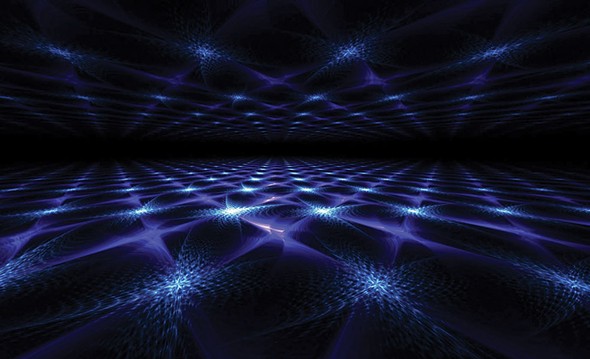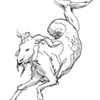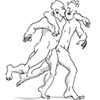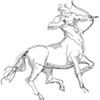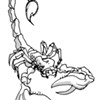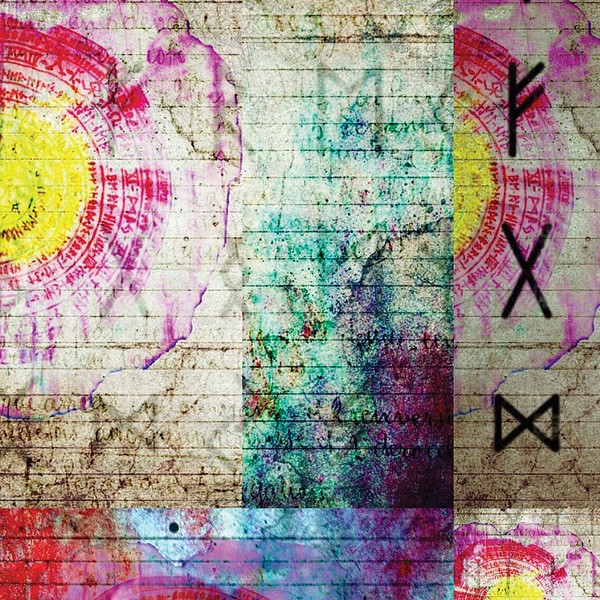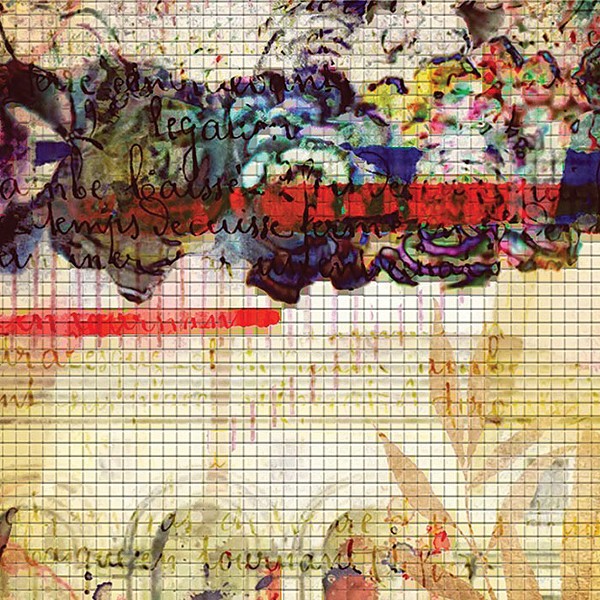Have I mentioned that I've been trying to figure out the Internet?
I was aware that when you click on something, something new appears on the screen. I knew if you post a naked picture to Facebook they kick you out for a while.
What I'm talking about is the same thing that you worry about: such as how Twitter is dumbing down the whole world. Things like the smartphone contributing to people being less smart and less able to concentrate, and someone crossing four lanes of Sixth Avenue in heavy rush-hour traffic while gazing at the screen (I actually saw that recently; apparently it's commonplace).
Every time a new breed of communication devices is born, society is reshaped. The mother of all changes was the alphabet. Then came the book. Then came the telegraph, and the pace increased. Every time one of these things happened, society was reinvented in some fundamental way.
For the past couple of years, I've been going deep into the work of the first philosopher of media, Marshall McLuhan. With his grandson Andrew as my study buddy and collaborator, and Marshall's son Eric as my ad hoc grad school professor, I've made some progress that I will summarize for you in this article; but first I want to look at the astrology of the moment, and what it says about the so-called digital revolution.
However, keep this in mind, written by Prof. Eric McLuhan: "The body is everywhere assaulted by all of our new media, a state which has resulted in deep disorientation of intellect and destabilization of culture throughout the world. In the age of disembodied communication, the meaning and significance and experience of the body is utterly transformed and distorted."
The Uranus-Eris Conjunction, Then and Now
We are now in the midst of an astrological event with profound and sweeping effects. This is the conjunction of two distinctly modern planets: Uranus (the first planet ever discovered by science, in 1781) and Eris (the 2005 discovery that resulted in the "demotion" of Pluto).
First of all, this is a conjunction: the most powerful aspect, and the one that marks the end of one cycle and the beginning of another. Second, when two planets that move this slowly join forces, the effects are profound, and often so vast that nobody can see them clearly till they've already happened.
There are many examples, but two might suffice. In the mid-1960s, slow-movers Uranus and Pluto joined forces (in Virgo), and we experienced one of the most amazing cultural upheavals in world history.
In the early 1990s, slow-movers Uranus and Neptune joined forces (in Capricorn), and global geopolitics rearranged itself. The USSR dissolved, seemingly overnight. If you're curious about this kind of astrology, I suggest you read a book called Cosmos and Psyche by Richard Tarnas, who gives 600 pages of these examples.
The current event involves two extremely high-energy planets. Uranus covers themes of revolution, invention, technological breakthrough, and social upheaval. Eris (a whole new kind of planet, with a 558-year orbit) is also a revolutionary and also a subversive. It's fair to say that themes of Eris include seeking identity through conflict, as well as up-ending the known social order. This is happening in Aries, the zodiac sign symbolizing the idea of self and perhaps the most potent of energies. Put this all together and it's clear that the thing we need to be looking for is a revolution of identity.
I've been delineating and dismantling the symbolism of Eris since before it was named in late 2006. From my earliest work, it seemed to represent a deconstruction of identity. This partly involves Eris, and partly its action on Aries (which is about identity—Aries is the sign of "I am").
Eris moves so slowly that it spends 121 years in Aries—long enough for Uranus to make its way around the zodiac and meet up with Eris for a second conjunction in Aries. The last one was about 90 years ago, in 1927 and 1928, when Eris first arrived in Aries. These rare conjunctions can have a window of action of 15 years. They also represent points of no return.
Over the past few weeks I've been getting a handle on what that time frame is about. The 1920s came with the advent of radio. The first mass medium not involving the printed word, radio shifted identity from something highly individualistic (cultivated by the book) back in the direction of tribal existence. It was also the first form of widely available instant communication, collapsing space and time.







